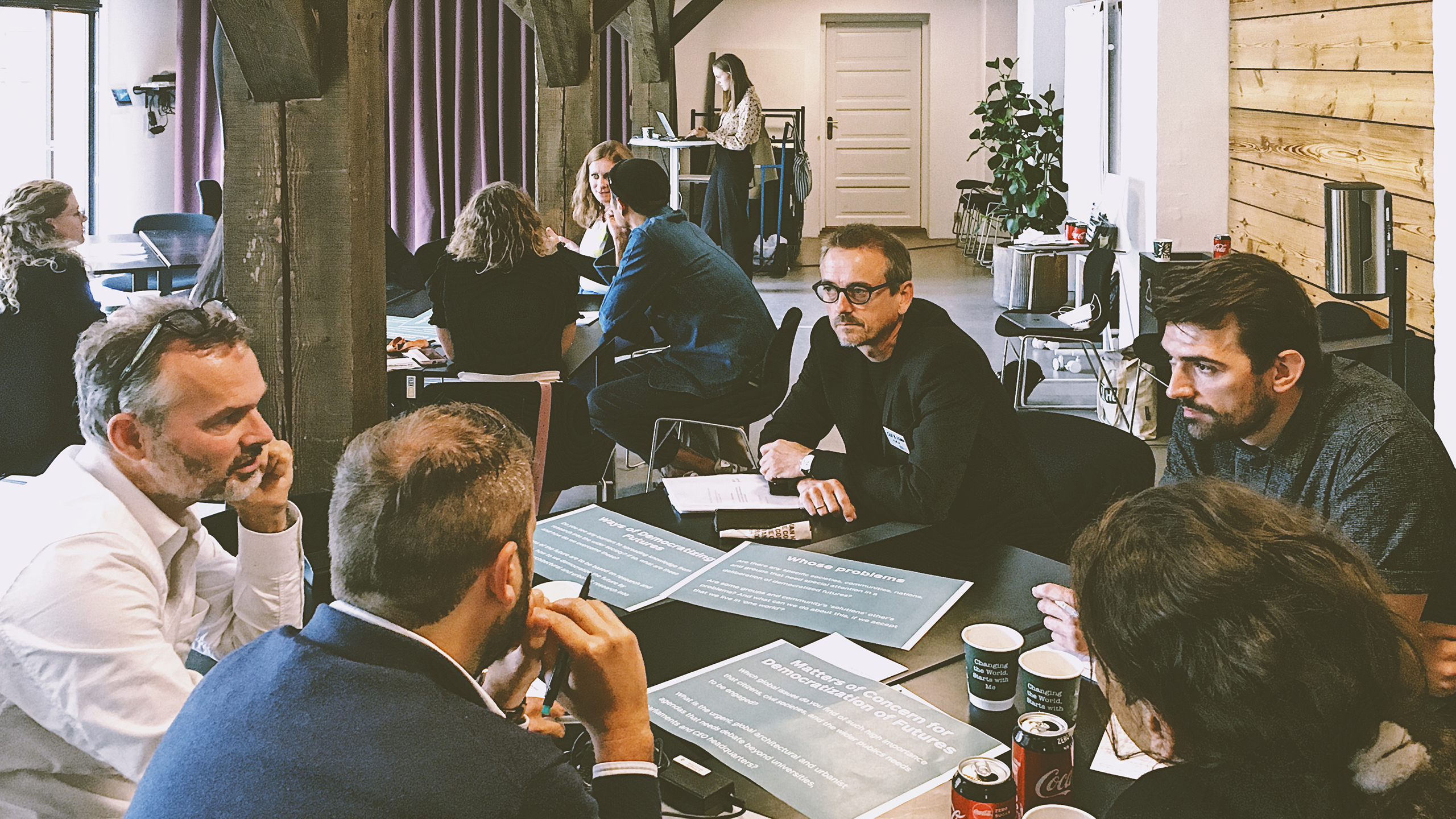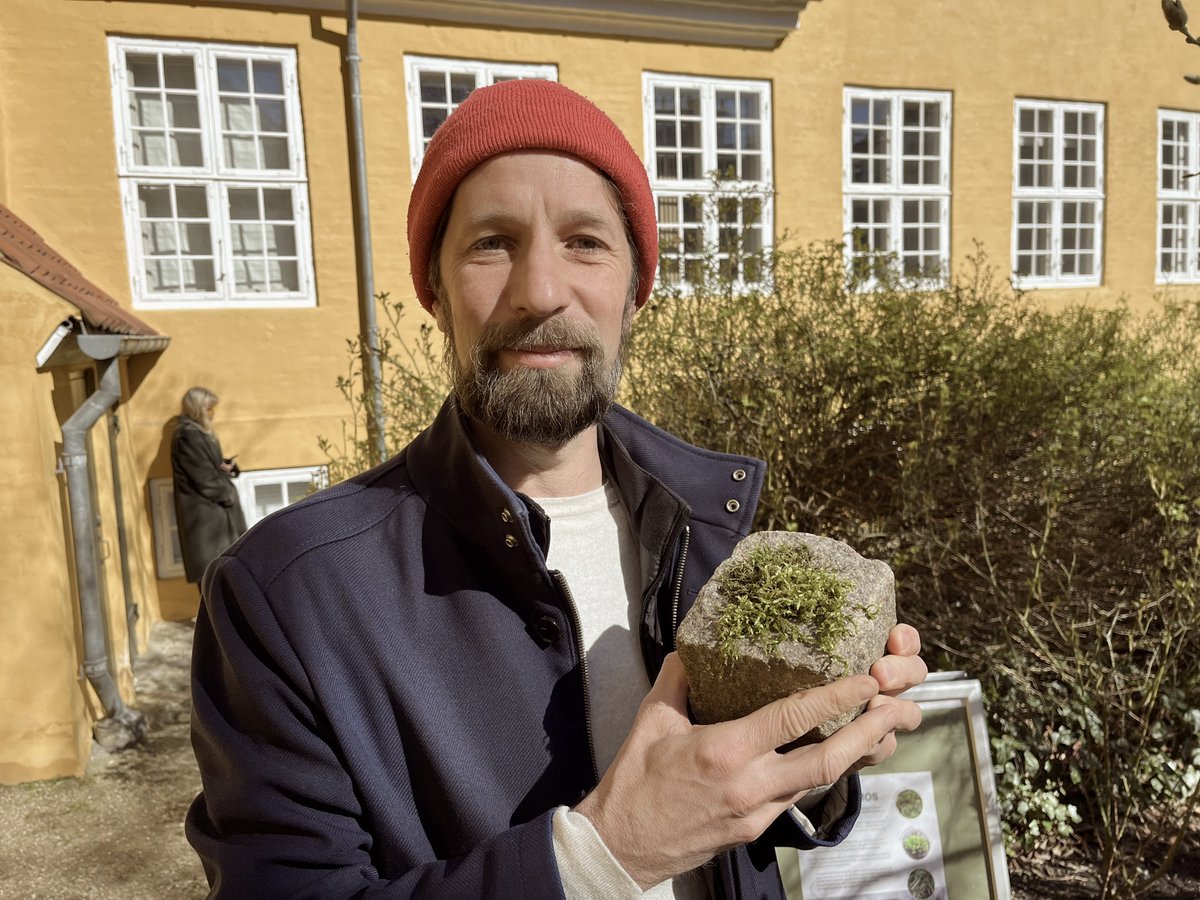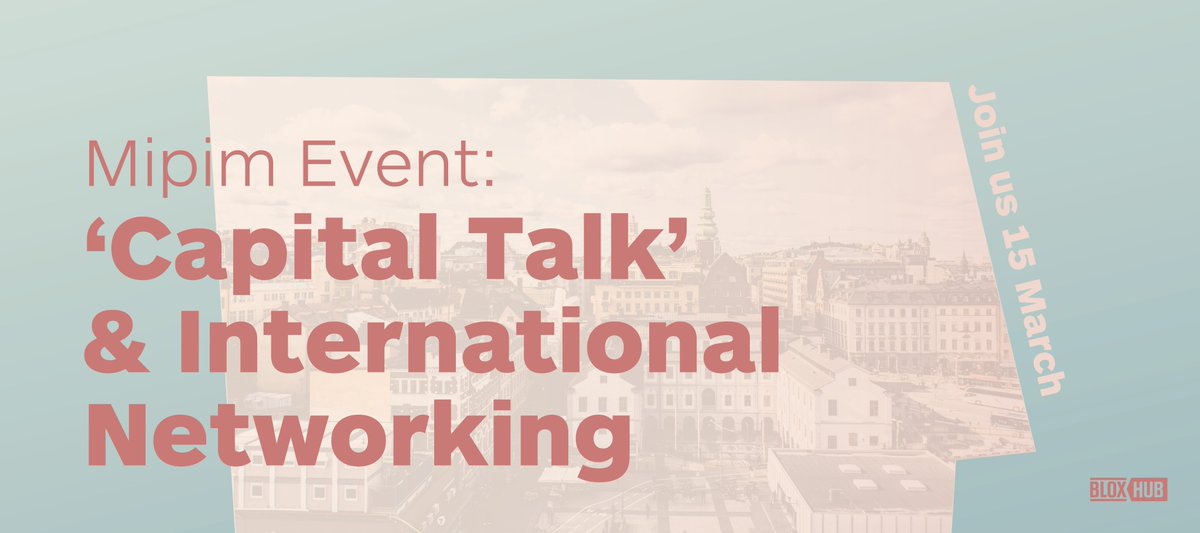The Danish Network for Architecture and Urbanism Research – DARE is a network between Denmark’s research and educational institutions within architecture, urban design, urban planning, and landscape architecture. The network aims to stimulate new research topics by organizing national symposia, exhibitions, and other activities that will bring the professional environment together, by arranging meetings and seminars with private and public foundations and stakeholders. This is to discuss research agenda and initiatives, to influence that the right issues are on the research policy agenda – and link these to the education programs.
The vision is to strengthen the important research task of developing sustainable cities, buildings, and landscapes that, in harmony with nature, form the framework for people’s lives and social activities. Through research and education, DARE will identify focus areas that can help qualify and accelerate the development of new sustainable solutions for the green transition.
The network covers all areas, from landscape transformations to urban design, green mobility, behavior in urban environments, CO2-neutral construction, climate protection, new architectural design and manufacturing methods, architectural quality, governance structures, urban densification, and not least, the interaction between the disciplines, which are all crucial to solving climate change challenges.
A steering group leads the network with representatives from the respective members. BLOXHUB, takes care of the network’s secretariat function during the Science Forum. The steering group sets up working groups ad hoc to organize symposia, exhibitions, and other activities in the network. The network is limited to intuitions with a research commitment and research-based education.
The organization ensures that the steering group’s interest in specific projects is limited. Instead, the energy is used to promote the network’s overall purpose: to identify focus areas that, through research and education, can help to qualify and accelerate the development of new sustainable solutions for the green transition. The goal is to increase political attention, inspire dialogue with foundations and other stakeholders, and increase the supply of resources to the network’s research and development area.







